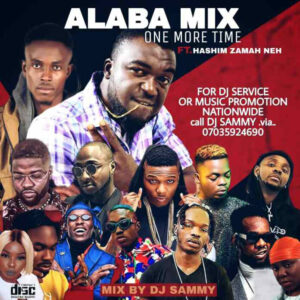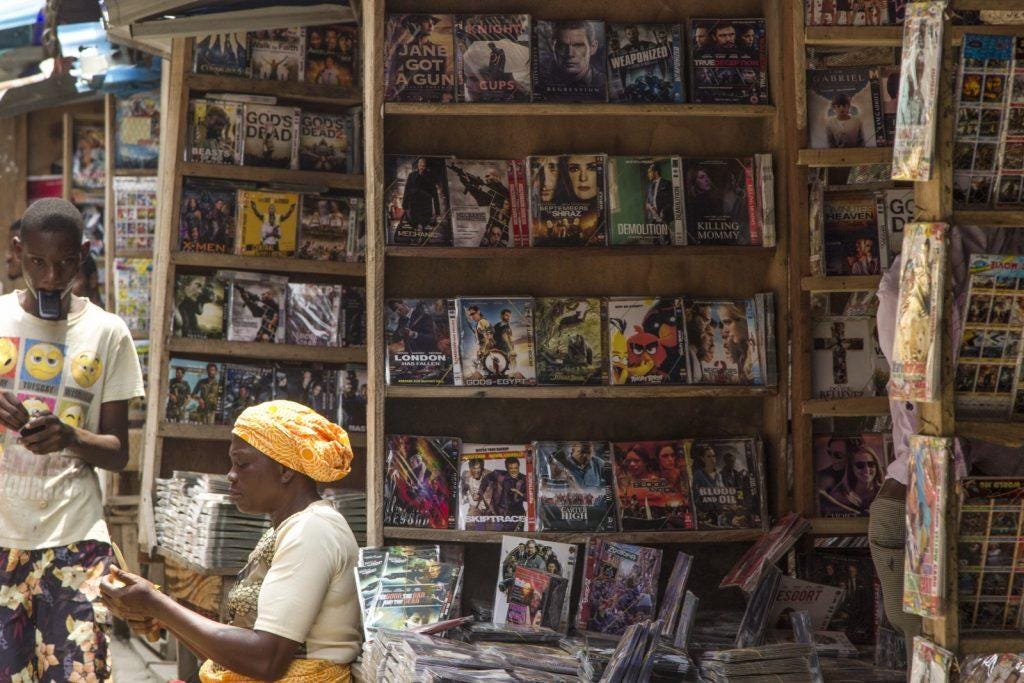For nearly two decades, Alaba International Market in Lagos was the heart of Nigeria’s music economy. Long before streaming platforms, DSPs, and social media marketing, Alaba was where hits were made not in the studio, but on the streets. The market’s powerful network of music distributors, marketers, and CD vendors determined which songs reached listeners across the country. If your music made it into the Alaba circuit, it was guaranteed to travel from Lagos to Onitsha, from Kano to Accra. It was the original Spotify algorithm, run by people who knew the streets.
But everything changed with the digital revolution. The same structures that made Alaba powerful physical distribution, bootlegging, and mass replication became its undoing as the industry shifted online. When smartphones, streaming apps, and YouTube took over, the demand for CDs and DVDs collapsed. Artists who once relied on Alaba’s marketers to print and spread their work could now upload directly to global audiences with just a link. For Alaba, that was the beginning of the end.
The Nigerian music industry’s digital transformation happened fast. By the mid-2010s, platforms like iTunes, Boomplay, and later Spotify and Audiomack began to dominate. Artists like Davido, Wizkid, and Burna Boy bypassed traditional distribution completely, turning to streaming and social virality instead. Alaba’s middlemen once essential were suddenly obsolete. The famous “marketers” who used to bankroll entire albums found themselves edged out by digital aggregators and label deals structured for online distribution. Piracy, once their business backbone, became a liability.

However, the fall of Alaba wasn’t just about technology. It also symbolized a deeper shift in control. For the first time, artists began to own their narrative, earnings, and audience. Without depending on Alaba’s networks, they could monetize music globally, track real-time analytics, and negotiate directly with brands. This independence reshaped the power dynamics of Nigerian music, giving rise to a more professional, data-driven industry. Still, the nostalgia for Alaba remains strong. Many remember it as the pulse of an era when music lived in physical form when album covers mattered, and fans still bought discs in traffic.
Today, the market still exists physically, but its influence has shrunk to niche corners street movies, local CDs, and electronics. For music, it’s largely history. The marketers who once discovered grassroots talents now watch a generation of digital natives build careers on TikTok and streaming playlists. In many ways, Alaba’s decline marks the end of one chapter and the beginning of another. a story of transition from hustle-driven street markets to algorithm-driven platforms.
The truth is that Alaba didn’t just fade; it evolved into the digital era it helped create. The same spirit of street innovation that defined it now thrives online in content creators, independent artists, and digital hustlers. The tools have changed, but the energy remains the same. Alaba’s legacy will always live in the DNA of Nigerian music, a reminder that every stream today started from a CD burned in a Lagos market stall.


Leave a Reply